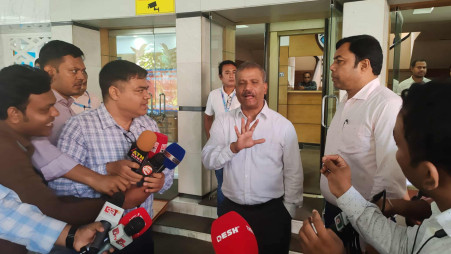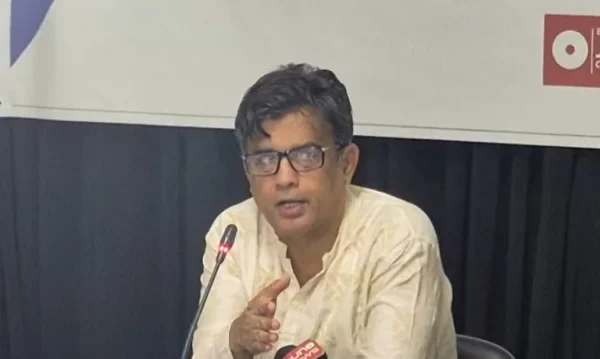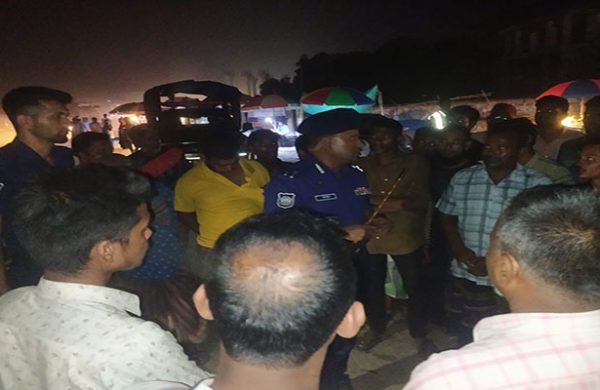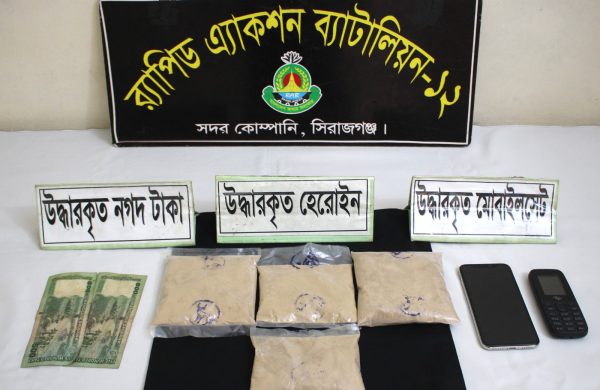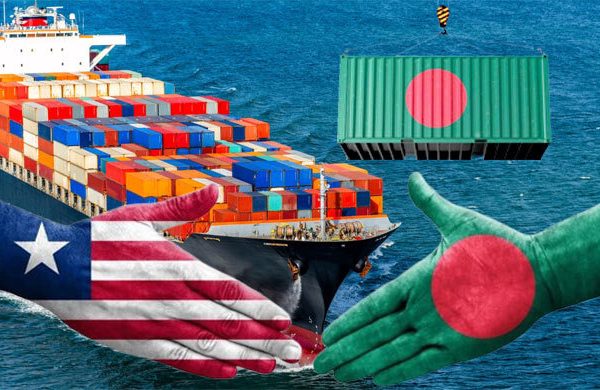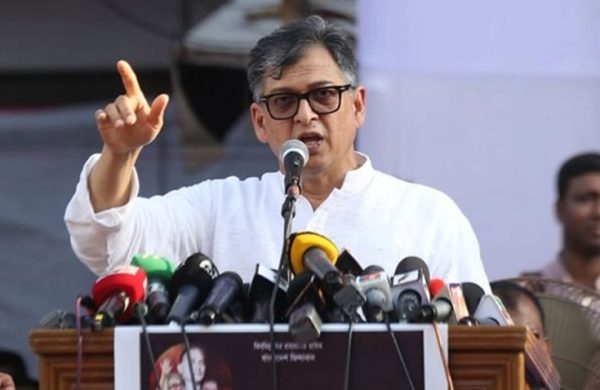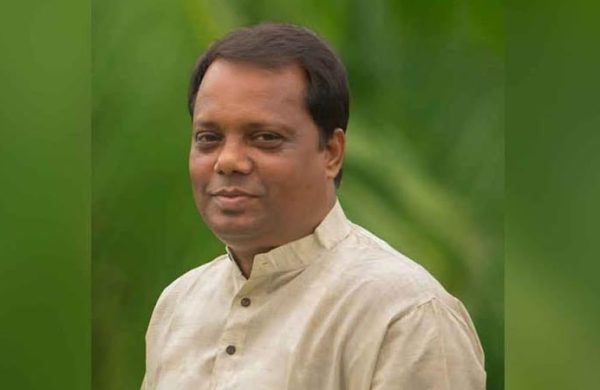Rizwana urges developed nations to meet climate commitments
- Update Time : Wednesday, July 23, 2025
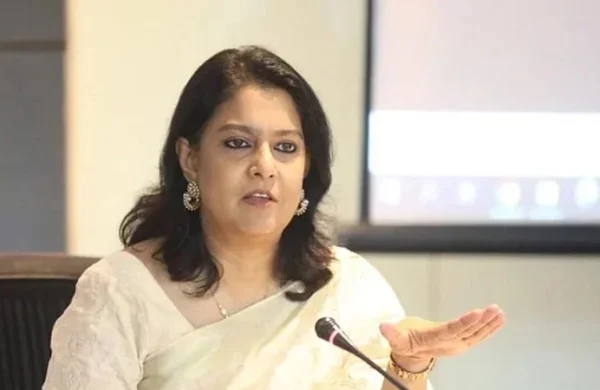
Staff Correspondent:
Syeda Rizwana Hasan, Adviser to the Ministry of Environment, Forest and Climate Change, on Wednesday urged global stakeholders to adopt nature-based solutions and ensure that developed nations are held accountable for their climate responsibilities.
“The development discourse of the globe has to change. It has to be less hostile, less wealth-driven, and more nature-centric,” Rizwana said while addressing the Meghna Knowledge Forum II (MKF II) in Bangkok, Thailand, virtually from Dhaka.
The forum, themed “Building Community and Ecosystem Resilience to Climate Change,” resonated with Adviser Rizwana’s message of environmental justice, regional cooperation, and ecological rights.
Emphasizing the deep-rooted relationship between rivers and Bangladesh’s identity, she remarked, “Bangladesh is a country often defined by its rivers. A river is something that’s totally inseparable from our existence and entities.”
She called for stronger regional collaboration with neighboring countries-Nepal, India, and China-on trans-boundary river management.
Noting that all four major river basins of Bangladesh are shared, she stressed the urgency of moving beyond national egos and towards cooperative ecosystem governance.
A key highlight of her speech was the recognition of the “rights of rivers.”
Rizwana, also Adviser to the Ministry of Water Resources, stated, “We should protect our rivers not only for our survival but also by recognizing that rivers and river systems have inherent rights.”
She praised the growing trend of courts in various countries acknowledging these rights and urged international forums like MKF II to create space for such crucial discussions.
Speaking with heartfelt connection, Rizwana described the Haor ecosystem-a vast wetland region in northeast Bangladesh where she hails from-as a unique ecological and economic asset.
Supporting millions of livelihoods through agriculture, fishing, and tourism, the Haor also serves as a critical habitat for migratory birds and native flora. However, she warned of increasing threats from pollution, sand mining, and unregulated development, compounded by frequent flash floods and the absence of a trans-boundary early warning system.
She appealed to the youth of South Asia to help bridge information gaps, especially in developing local early warning mechanisms that could prevent disasters and protect lives and livelihoods.
Adviser Rizwana also spotlighted Bangladesh’s regional leadership, being the first South Asian country to accede to the UN Convention on the Protection and Use of Trans-boundary Watercourses and International Lakes.
She thanked the Asian Institute of Technology, South Asian University, and the knowledge partners for organizing MKF II and creating a space where communities, scholars, and governments can reimagine climate action rooted in justice and sustainability.
The notable speakers at the event included Indra Mani Pandey, Secretary General, Bay of Bengal Initiative for Multi-Sectoral Technical and Economic Cooperation (BIMSTEC); Dr. Pai-Chi Li, President, Asian Institute of Technology, Thailand; Dr. Dindo Campilan, Regional Director, IUCN Asia & Hub Director for Oceania; Raquibul Amin, Head, Programme Management, Science and Strategy Group, IUCN Asia; Faiyaz Murshid Kazi, Ambassador of Bangladesh to the Kingdom of Thailand; Vishwa Ranjan Sinha, Senior Programme Officer, Water and Wetlands, South Asia, IUCN Asia Regional Office, Thailand; John Samuel, Regional Director, Oxfam Asia; Dr. Medha Bisht, Associate Professor, Department of International Relations, South Asian University.




